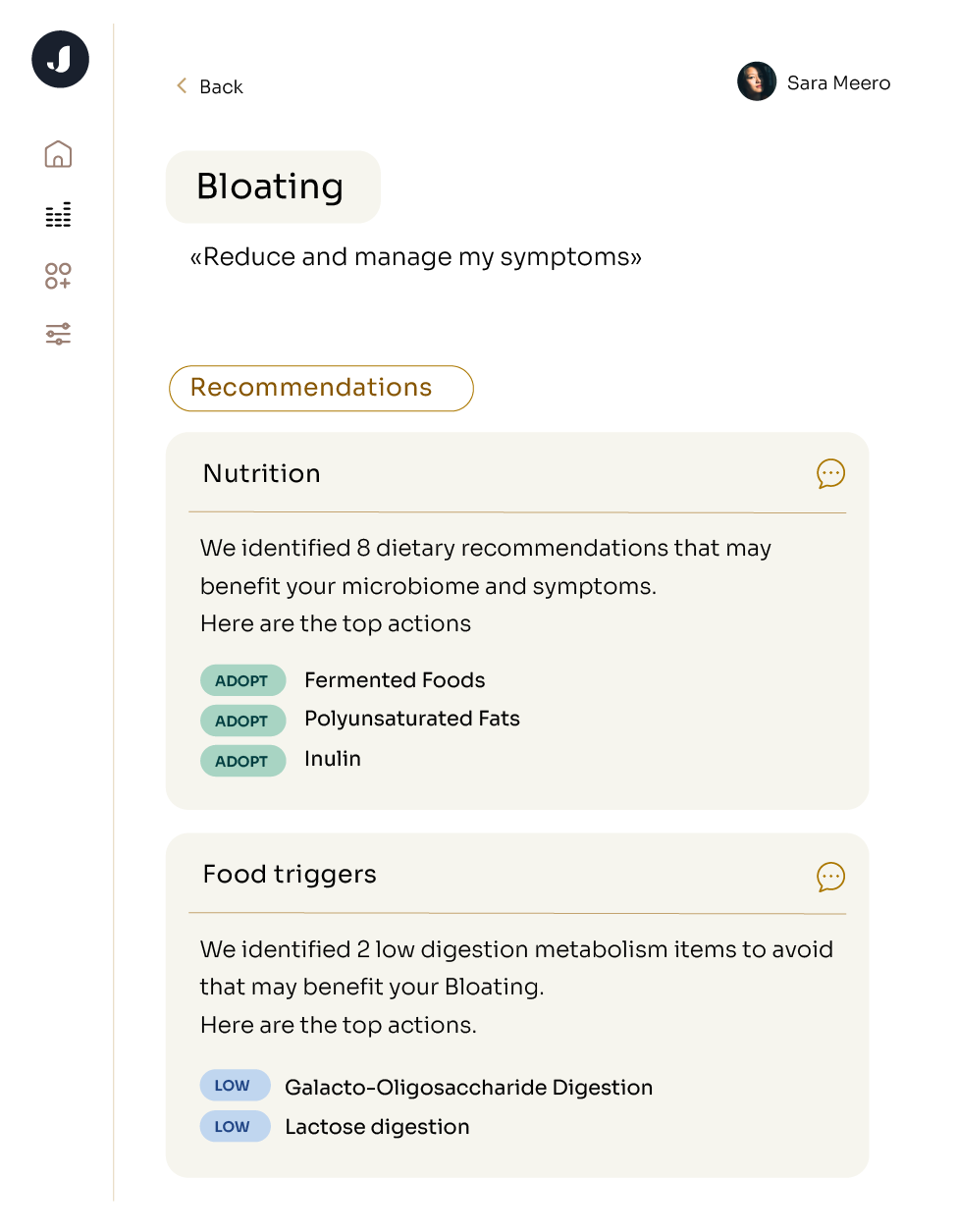If you imagined that probiotics and antibiotics might have competing effects on digestion, you’d be right. Probiotics add more organisms to your system, and even though not all of those organisms are likely to take root, they’re increasing the net diversity and richness of your gut microbiome and may block pathogens from taking root. Antibiotics, on the other hand, wipe out infection but may take a chunk of your beneficial gut bacteria with them.
On a theoretical basis, it’s reasonable to think that probiotics may help reconstitute your gut after a course of antibiotics. This hypothesis pans out for some conditions, but not for others. For example, there is evidence for beneficial effects of probiotics after infection with H. pylori or C. difficile. The dosage, duration, formulation, and objectives of this sort of treatment are all critical for determining effectiveness.
Aside from these limited cases, an alternative hypothesis is emerging–that probiotics after antibiotics can slow down your recovery. A recent study in Cell, one of the world’s best scientific journals, showed that probiotics delay a recovery of the microbiome after antibiotics for 5 months after the course of treatment finishes. Interestingly, a novel treatment called an autologous fecal microbiota transplantation (reseeding your intestines with your own stool) was shown to accelerate microbiome recovery. If you’ve been on antibiotics recently, think twice about reaching for a probiotic to kick-start your recovery.
There’s no single answer to this question, so here are a few examples of times when studies show that probiotics work particularly well and others when they can be neutral or even damaging. One helpful resource for weighing your probiotic options is the American Gastroenterological Association’s guideline here. You should discuss any probiotic regimen with your doctor prior to starting.
Some probiotics have been shown to help reduce the incidence of antibiotic-associated diarrhea, both in children and adults. (Antibiotic-associated diarrhea is a specific kind of diarrhea, so be mindful that this doesn’t apply across all cases.) Supplements containing Bifidobacterium have been shown to reduce GI issues in people following a course of bismuth and antibiotics to eliminate H. pylori, the organism that causes ulcers, and certain strains of Bifidobacterium were also shown to reduce symptoms in diarrhea-predominant irritable bowel syndrome in a randomized, double-blind, placebo-controlled study, albeit one sponsored by a supplement manufacturer.
In another interesting trial, teenagers with atopic dermatitis, a skin condition, experienced skin relief from an oral probiotic supplement and were able to reduce their use of steroids, another medication commonly used in the treatment of atopic dermatitis.
Probiotics containing Lactobacillus reuteri have also been shown to be effective for preventing bone density loss in older women. There is some evidence that probiotics during pregnancy can have indirect effects on the infant gut microbiome, especially when the mother is obese or has gestational diabetes, although the infants’ microbiome abundance was unchanged and the strains were not vertically transferred. Likewise, other studies point to better glucose tolerance and improved nutritional status of breastmilk among mothers who have taken probiotics during pregnancy.
You may have also heard that probiotics can be helpful when you’re recovering from a cold. Lactobacillus and Bifidobacterium strains have been shown to work! Some studies have found evidence that a combined Lactobacillus and Acidophilus probiotic plus vitamin C can even help prevent colds.
Per the FDA, probiotics are not recommended for use in infants, despite marketing to the contrary. Microbe exposure is generally beneficial for a child’s immune development, but it’s not clear that using probiotic supplements is a safe or effective way to do this. In some cases probiotic usage in infants has led to severe outcomes, namely sepsis, and warning letters from the FDA to probiotic manufacturers. This is particularly applicable to preterm infants. Although there is increasing research on the use of probiotic supplements in infants, the risks remain great.
There are adult populations who should avoid probiotics, too. Studies show that those who are immunosuppressed should steer clear of probiotics, as the risks of infection outweigh the benefits. Similarly, patients with heart disease have suffered infection from Lactobacillus rhamnosus probiotics. Treatment of acute conditions with probiotics has shown detrimental effects in those who are critically ill. In fact, Norway commissioned a nationwide risk-benefit analysis on this exact topic due to several concerns about probiotic safety in this vulnerable population.
As the research grows, there is an increasing category of studies in which probiotics are neither beneficial nor harmful. Examples include small intestinal bacterial overgrowth: in a randomized controlled trial - the highest level of causal evidence - adding a probiotic to the normal course of treatment didn’t improve major clinical outcomes.
Some studies have investigated the potential of probiotics to reduce disease risk, with minimal success. A 24-week probiotics trial didn’t reduce cardiovascular risk among adults with liver disease. Similarly, a double-blind randomized controlled trial found that probiotics did not lower gestational diabetes risk in pregnant women. This may be due to the fact that your gut microbiome is a highly dynamic ecosystem, and that the effects of probiotics are often transient, making it difficult for these products to impact your disease risk over the long haul. As an example, consumption of the LactoSpore probiotic in healthy people did not change the gut microbiome composition over a 28-day period.
Although these “null result” studies can seem pointless, they’re actually a huge benefit to consumers. Probiotics aren’t regulated by the FDA, so it’s up to the scientific community to parse out what works and what doesn’t, and knowing that something is ineffective can save consumers time, energy, and money. However, it’s important to note that all probiotics are not the same (in terms of the organisms contained or manufacturing quality), so it’s not possible to conclude from these studies that different probiotic formulations may not have a different effect.
It’s also important to recall that general incentives on research funding and publication also apply in the world of probiotics. Probiotic companies often fund their own studies, and even independently-funded studies that don’t show meaningful effects of probiotics are less likely to reach publication.
Before we dive into how to use probiotics, let’s review what they are: live bacteria that you eat, either as part of a select group of fermented foods (such as kimchi, kefir, or miso) or as a supplement. In your gut, probiotic bacteria help to produce short-chain fatty acids and outcompete pathogens for resources.
To help you sort through the thousands of probiotic options online, Jona compiled a probiotics shopping guide. Key steps include testing and analyzing your microbiome’s current status and understanding the product’s dosage and storage information.
Products commonly found in Western grocery stores include kimchi, yogurt, kefir, sauerkraut, and miso, but cultures around the world have their own versions of fermented foods high in probiotics. Store bought pickles, kombucha, and beer and wine - while also fermented - are not always equivalent sources of probiotic bacteria due to their production or preservation processes.
Research on the best time to take a probiotic supplement is limited, but a study in a model of the digestive system found that taking supplements with a small amount of food that contains fat, like a glass of milk or a bowl of yogurt, can help you process the probiotics better.






